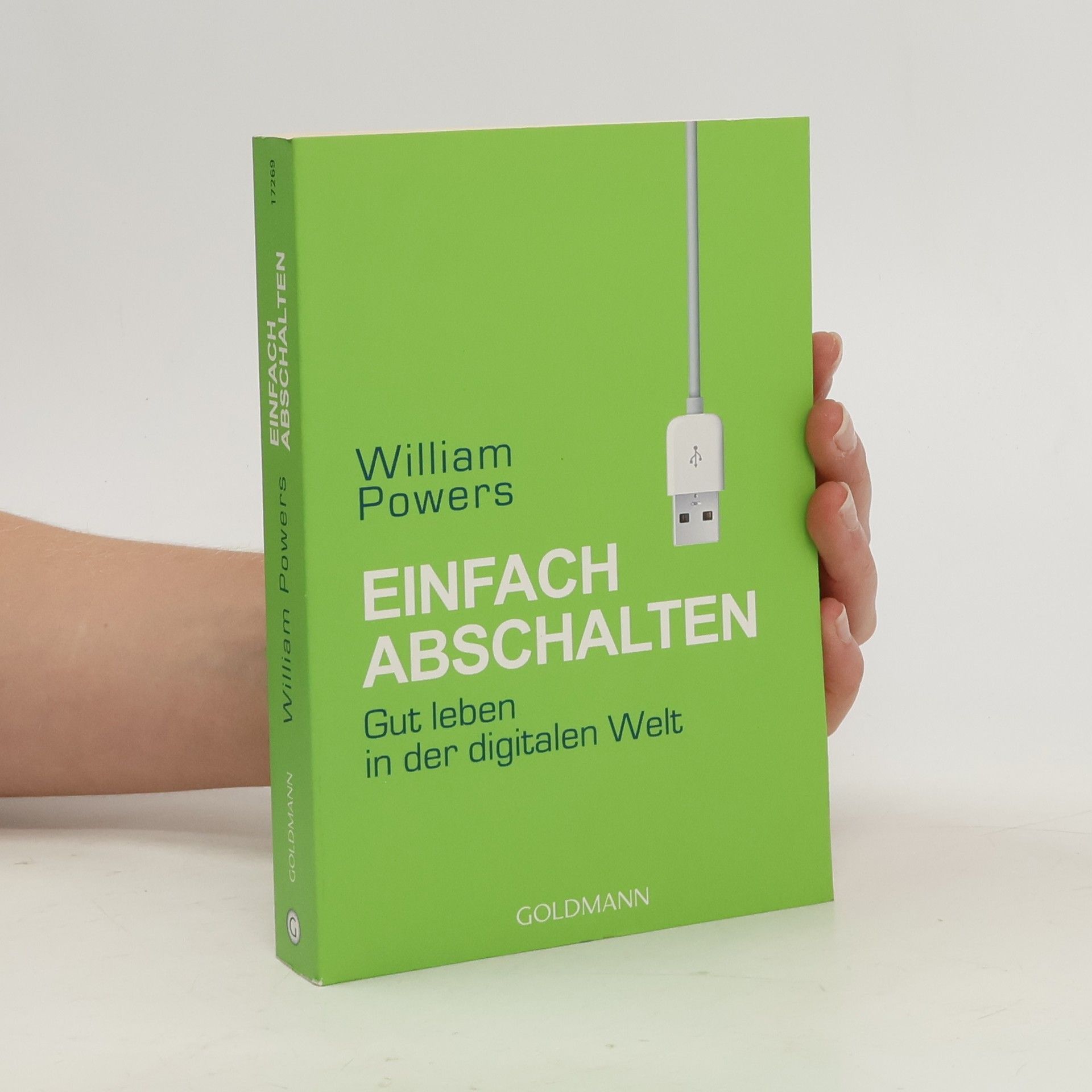Überleben in der Informationsflut Ich bin online - also bin ich? Ein Leben ohne Internet, Emails, SMS, Facebook & Co ist gar nicht mehr vorstellbar. Doch wie findet man angesichts der allgegenwärtigen Informationsflut die richtige Balance, um ein selbstbestimmtes und erfülltes Leben zu führen? Auf der Suche nach mehr Tiefe in der digitalen Welt blickt William Powers zunächst in die Vergangenheit: Bei Denkern wie Platon oder Shakespeare findet er Antworten auf das moderne Dilemma der ständigen Erreichbarkeit. Ein überzeugendes Plädoyer dafür, auch einmal abzuschalten.
William Powers Knihy
William Powers je autorem, jehož dílo čerpá z dvacetiletých zkušeností v oblasti rozvojové pomoci a ochrany přírody v Latinské Americe, Africe a Severní Americe. Jeho eseje a komentáře k globálním tématům byly publikovány v předních světových médiích. Zkoumá americkou kulturu rychlosti a její alternativy po celém světě, přičemž toto téma rozvinul ve svých čtyřech knihách. Powers je respektovaným autorem, jehož práce nabízí hluboký vhled do globálních otázek a našeho vztahu ke světu.
